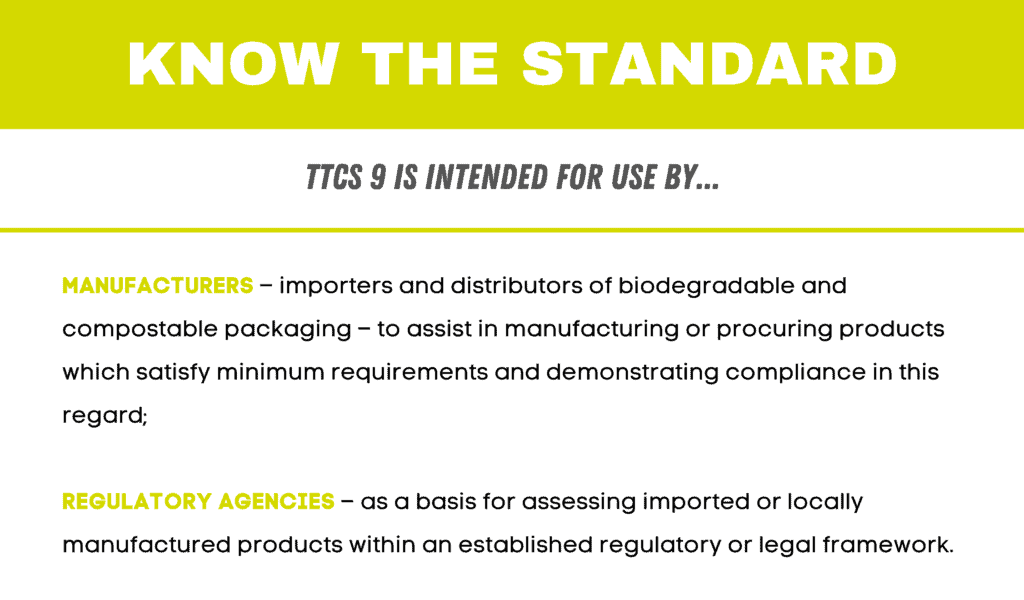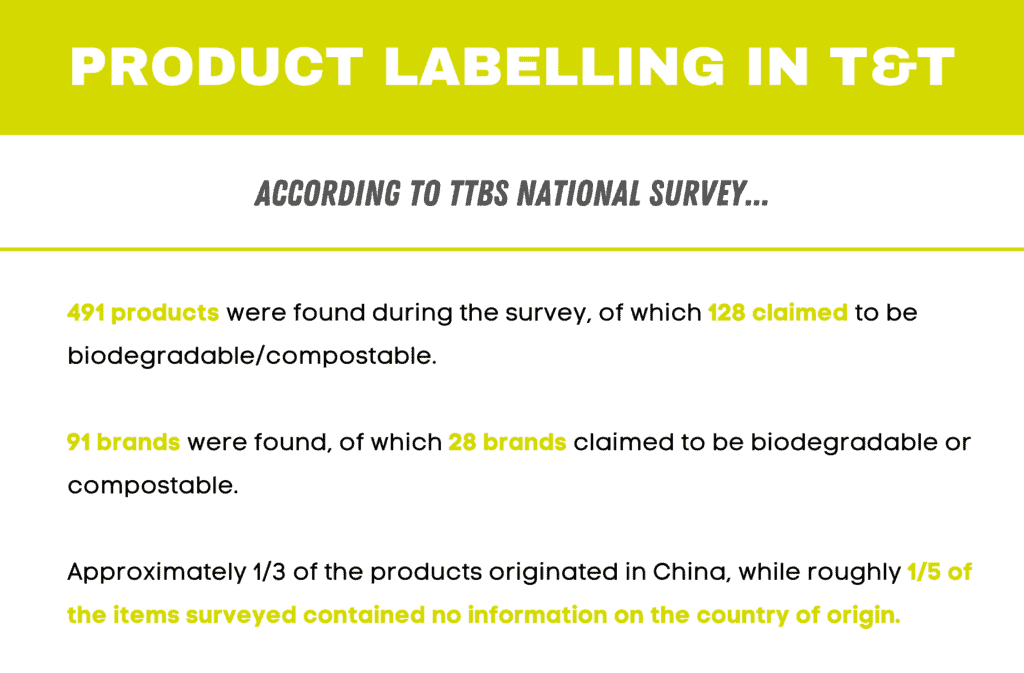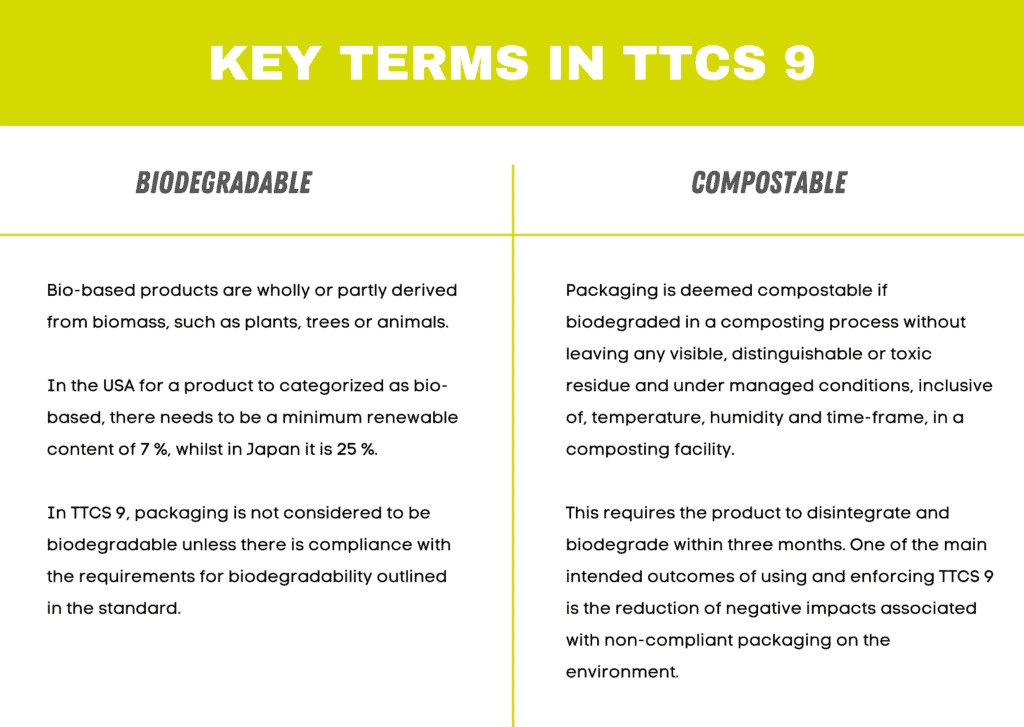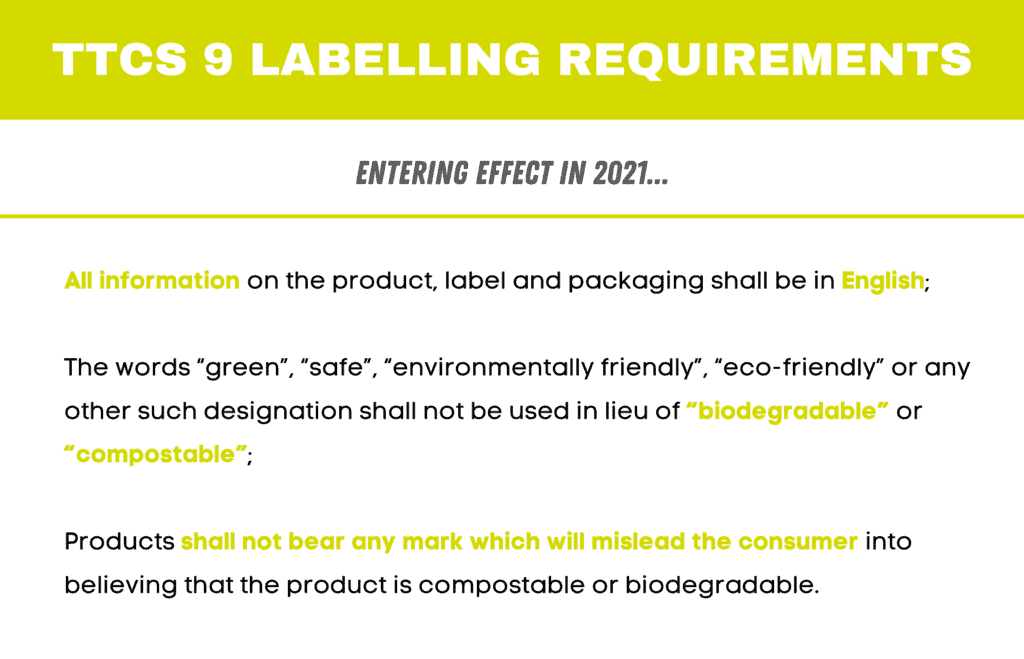Most adults would fondly remember watching the animated series Captain Planet and the Planeteers while growing up. The show revolved around five teenagers who would work together to encourage environmentally responsible behaviour while summoning the superhero, ‘Captain Planet’ to manage ecological disasters. Every episode was followed up with a “Planeteer Alert” clip, where the viewer was encouraged to contribute to being part of “the solution” rather than “the pollution”.
In one such episode stinger, the heroes alerted viewers on the dangers of plastics when discarded in waterways. To this day, their message holds true. Single-use plastics—including expanded polystyrene (EPS) which is commonly called styrofoam—are a major source of environmental pollution, blocking waterways and breaking down to microplastics in the marine environment, resulting in adverse effects on marine life.
Captain Planet provided a simple message at a simpler time in all of our lives: each person can play a role to help save and preserve the environment. However, there is no simple solution to address the root-cause of marine litter. Environmental pollution is a systemic problem and therefore requires systemic change. Even though we can’t count on fantastical superheroes to save the environment in the real world, there are ways to help ensure waterways are protected. In Trinidad and Tobago, there’s a new hero on its way, ready to play the role of Captain Planet—TTCS 9.
What Makes the “TTCS 9” Standard a Hero?
In March 2019, the Government of the Republic of Trinidad and Tobago joined 63 country partners in committing to the Clean Seas Campaign. Launched by the UN Environment Programme (UNEP) in 2017, the Clean Seas Campaign, is a global movement devoted to ending marine plastic pollution from source to sea. The goal is to address, within the next five years, the root-cause of marine litter by targeting the production and consumption of non-recoverable and single-use plastic.
In addition to this move, the Government of the Republic of Trinidad and Tobago signalled its intent to establish legislation to control the manufacture, import and sale of expanded polystyrene products. As such, a national compulsory standard, TTCS 9, Biodegradable materials – Food-contact single-use products and packaging – Compulsory requirements, is being developed by the Trinidad and Tobago Bureau of Standards (TTBS) to support this pending legislation on the control of expanded polystyrene products used in the food and beverage sector.
The proposed national standard (TTCS 9) specifies the compulsory requirements for all types of food-contact products and the mechanisms to demonstrate compliance. It covers all types of packaging—imported, locally manufactured, biodegradable, compostable and single-use types. It is being developed by TTBS with input from key stakeholders including manufacturers, importers, and conformity assessment bodies.

This standard does not apply to secondary packaging, that is, outer wrappers or cartons or non-food contact products. It also does not apply to packing material used as stuffing to prevent damage to products during transportation and storage.
It is anticipated that this standard will be completed by the end of 2021.
TTCS 9 Will Save Consumers from Greenwashing
Consumers generally buy with their eyes. Product manufacturers and retailers can take advantage of this by using any ecological aspect of a product as a marketing tool, disregarding the non-sustainable aspects of their product. They may claim their product is ‘green’ or ‘eco-friendly’ but these may be misleading statements as such claims cannot be adequately verified. This phenomenon is known as “greenwashing”.
Some of these products are actually made from materials which may take several years to disintegrate, contributing to water pollution and potentially leading to an accumulation of toxic chemicals in the environment, our homes and even our bodies. Additionally, there are oxo-degradable products which have chemical additives included to promote disintegration but the end result is the production of micro-fragments which in turn further pollute the environment.
From November 2020 – May 2021, TTBS’ Implementation Division conducted a national survey to ascertain the categories of food contact single use products and packaging that were available on the local market. All of these products would be affected by the labelling requirements outlined in TTCS 9. The exercise was conducted at the premises of major importers and manufacturers, as well as various retail outlets such as supermarkets and party supplies stores, across Trinidad and Tobago. The following are some notable points that were discovered.

TTCS 9 Will Standardise and Improve Product Labelling
Because a product is made from natural material does not mean it can be labelled biodegradable or compostable. TTCS 9 defines biodegradable products and materials as those that have the ability to degrade by biological processes, from the action of naturally occurring microorganisms such as bacteria, fungi and algae to yield carbon dioxide, water, inorganic compounds and biomass at a rate consistent with other known compostable materials and leaving no visible, distinguishable or toxic residue.

It is anticipated that the application of this standard will result in an improved understanding of biodegradability by manufacturers, importers and consumers, to ensure that there is accurate labelling on packaging. This will allow consumers to have a wider choice in biodegradable products as we strive to become a more socially and environmentally conscious society.
In order to address some of the issues found in product labelling, some general requirements of the proposed standard include the following:

TTCS 9 Will Empower Consumers through Knowledge
Each episode of Captain Planet would end with the catchphrase, “The power is yours!” It served as a reminder that each individual can play a part to protect the environment. In addition to the overall intended effect to assist the environment, TTCS 9 will benefit consumers by providing common market requirements for labelling. Through the development and implementation of a national compulsory standard for biodegradable materials, more consumers will feel empowered with the necessary knowledge to help them think beyond appearances, at the same time affording them clarity and confidence in their purchases.
For further information, please contact:
Mr Kirk Bhajan Ms Adrienne Stewart
PR Assistant Standard Officer
Marketing Unit, TTBS Standardization Division, TTBS






